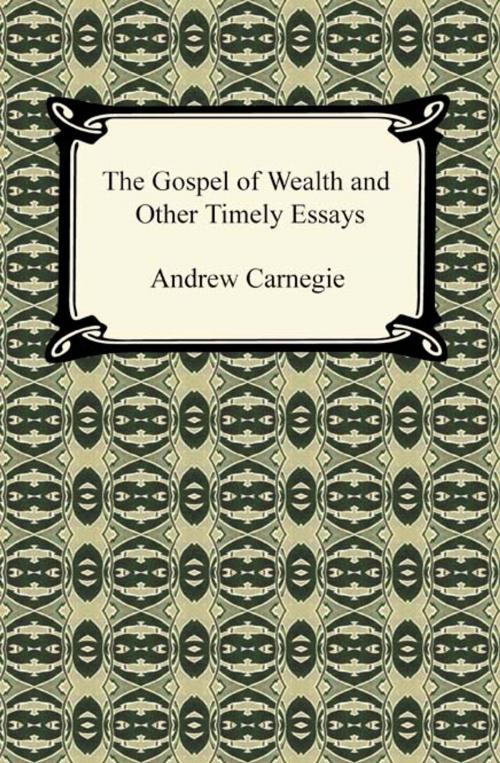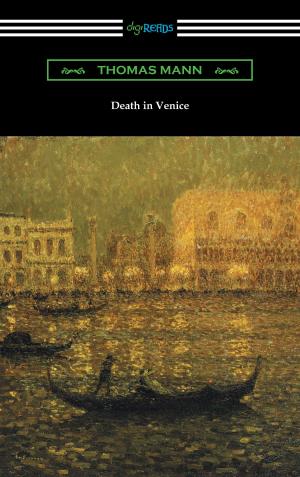The Gospel of Wealth and Other Timely Essays
Nonfiction, Health & Well Being, Self Help, Self Improvement, Success| Author: | Andrew Carnegie | ISBN: | 9781420939811 |
| Publisher: | Neeland Media LLC | Publication: | December 15, 2009 |
| Imprint: | Digireads.com Publishing | Language: | English |
| Author: | Andrew Carnegie |
| ISBN: | 9781420939811 |
| Publisher: | Neeland Media LLC |
| Publication: | December 15, 2009 |
| Imprint: | Digireads.com Publishing |
| Language: | English |
Renowned steel magnate and philanthropist, Andrew Carnegie, immigrated to America from Scotland as a boy in 1848, and at the age of thirteen began his first job as a bobbin boy, earning 1.20 a week. By the 1870s, the successful entrepreneur had founded the Carnegie Steel Company, later U.S. Steel, which would eventually establish Carnegie as the second wealthiest man in history, after John D. Rockefeller. He published "The Gospel of Wealth" in 1889 to share his firm belief in the duty of the self-made rich man to distribute his wealth in a socially benevolent and personally rewarding manner. A practitioner of what he preached, Carnegie devoted the latter part of his life to large-scale philanthropy, establishing schools, universities and nearly 3,000 libraries throughout the United States, United Kingdom, and other countries. These essays embody the altruistic principles of a man who fondly used to say, "The man who dies rich dies disgraced."
Renowned steel magnate and philanthropist, Andrew Carnegie, immigrated to America from Scotland as a boy in 1848, and at the age of thirteen began his first job as a bobbin boy, earning 1.20 a week. By the 1870s, the successful entrepreneur had founded the Carnegie Steel Company, later U.S. Steel, which would eventually establish Carnegie as the second wealthiest man in history, after John D. Rockefeller. He published "The Gospel of Wealth" in 1889 to share his firm belief in the duty of the self-made rich man to distribute his wealth in a socially benevolent and personally rewarding manner. A practitioner of what he preached, Carnegie devoted the latter part of his life to large-scale philanthropy, establishing schools, universities and nearly 3,000 libraries throughout the United States, United Kingdom, and other countries. These essays embody the altruistic principles of a man who fondly used to say, "The man who dies rich dies disgraced."















